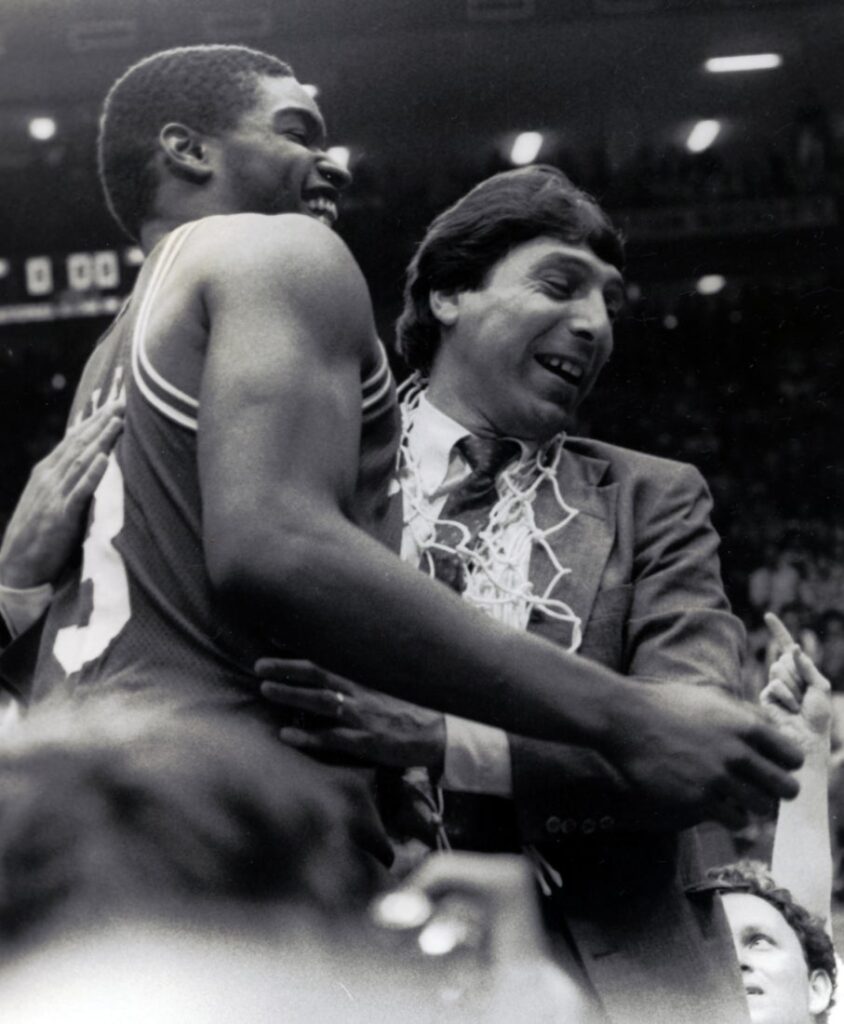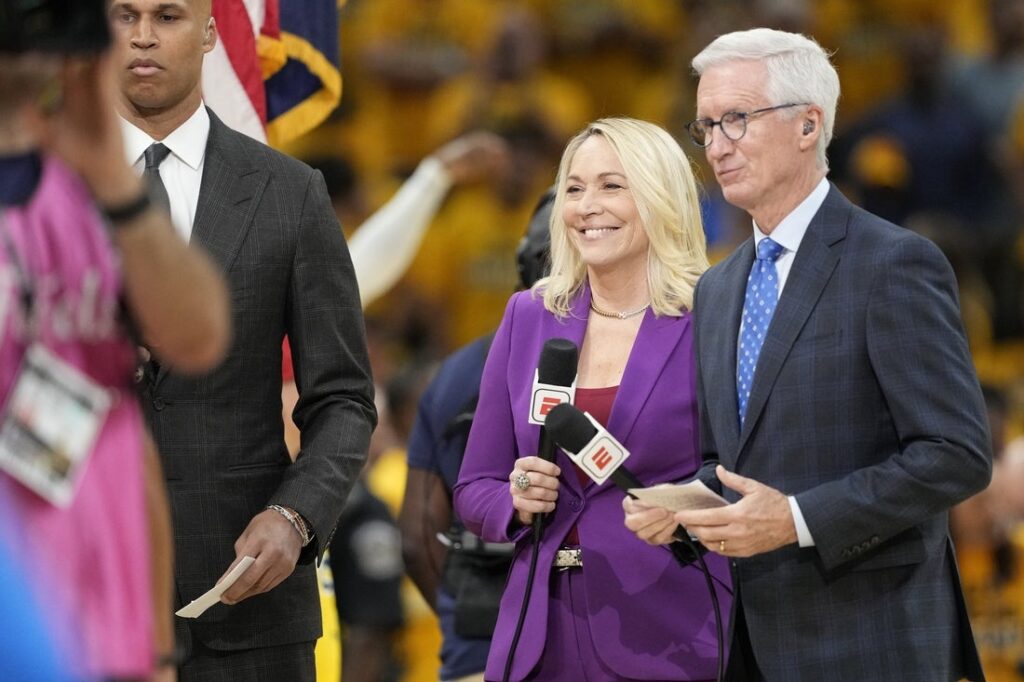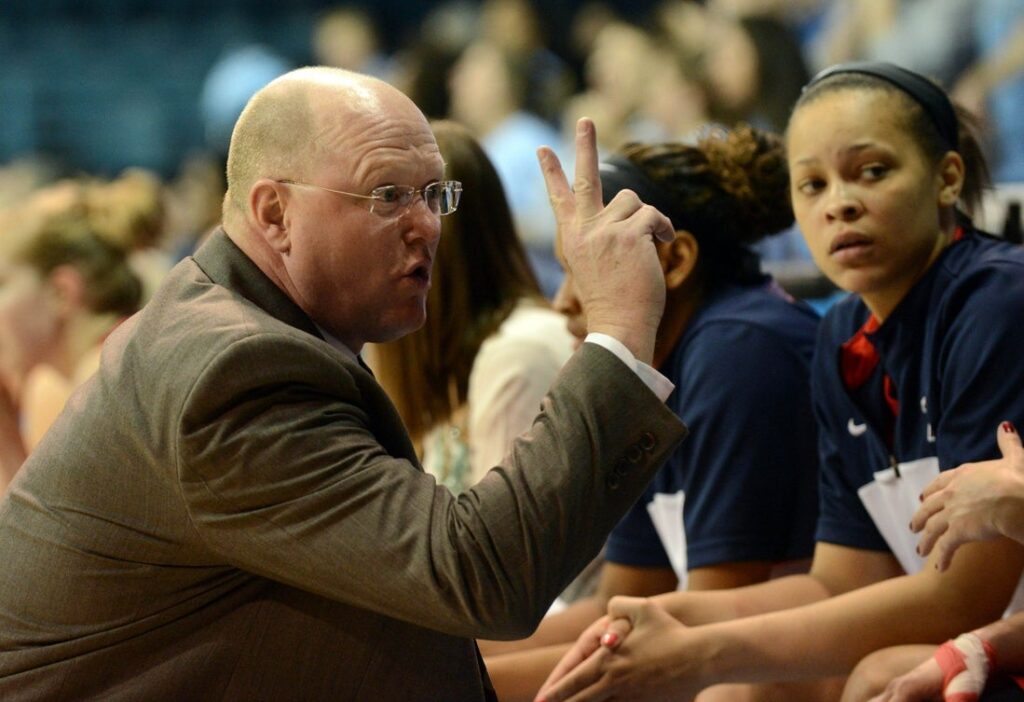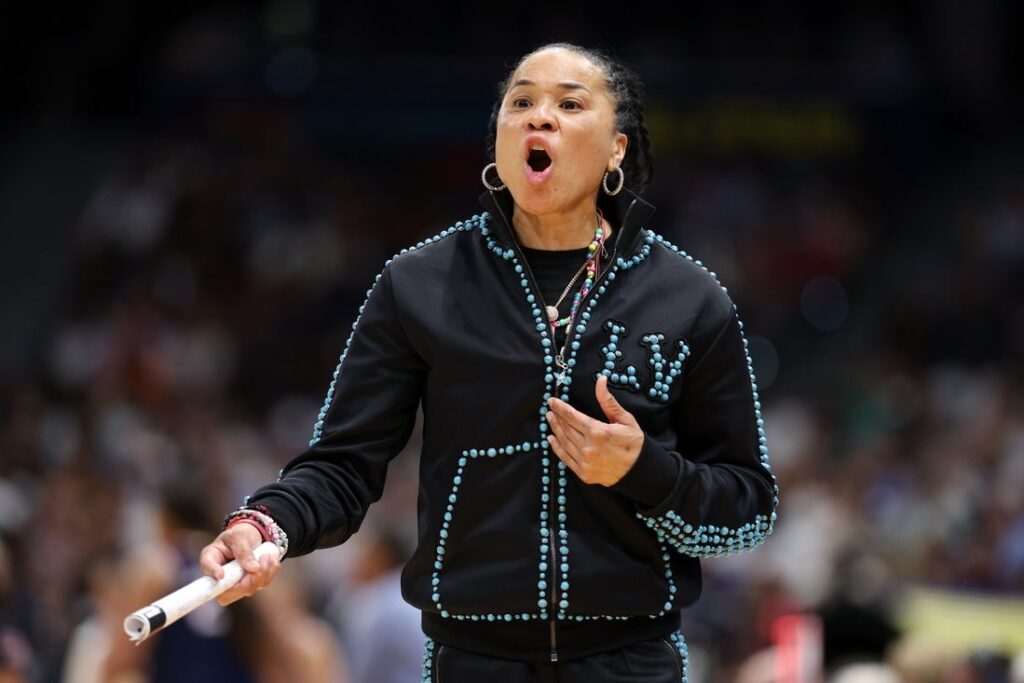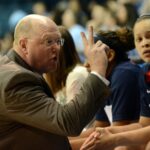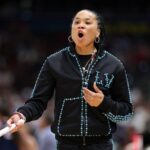More than four decades after North Carolina State stunned Houston in the 1983 NCAA men’s basketball championship game, a North Carolina judge has dismissed a lawsuit claiming the Wolfpack deserve NIL compensation stemming from their famed title run.
On Thursday morning, the Wake County (N.C.) Clerk of Superior Court posted the ruling made by Superior Court Judge Mark A. Davis that dismissed the suit filed in June 2024.
“In this lawsuit, twelve former members of North Carolina State University’s (“NC State”) 1983 NCAA men’s basketball championship team have sued the NCAA for using – without permission – their names, images, and likenesses contained in copyrighted game footage from that season,” Davis wrote at the start of a 44-page order. “Because their claims are untimely, barred by their failure to allege a violation of a legally enforceable right, and preempted by the federal Copyright Act, dismissal of this action in its entirety is appropriate.”
The members of the “Cardiac Pack,” which defeated Hakeem Olajuwon’s heavily favored Houston Cougars on Lorenzo Charles’ buzzer-beating dunk, stated the NCAA and its partners have capitalized illegally on footage such as the championship game’s dramatic finish — which started with Dereck Whittenberg’s last-second heave that missed the rim and concluded with NC State coach Jim Valvano spinning all over the court looking for people to hug.
NC State standouts Thurl Bailey, Terry Gannon and Cozell McQueen were among the players filing the suit. Neither Whittenberg, an associate athletic director at NC State, nor Sidney Lowe, a Detroit Pistons assistant coach, were part of the suit. One player, Quinton Leonard III, was represented by the administrator of his estate. Charles, who died on June 27, 2011, in a bus accident, was not represented.
The NCAA asked the court to dismiss the suit, citing a ruling made in April that rejected claims by Kansas’ Mario Chalmers — who hit a famous shot near the end of the 2008 NCAA title game — and others that they deserve NIL compensation for March Madness advertisements. The judge in that case noted a four-year statute of limitations for federal antitrust violations.
The former NC State players’ lawyer, Raleigh-based Stacy Miller, did not agree with Davis’ ruling.
“This case has always been about standing up for young athletes and shining a spotlight on the NCAA’s abusive practices and continued profiteering off its historical wrongs,” Miller told WRAL.
–Field Level Media





















